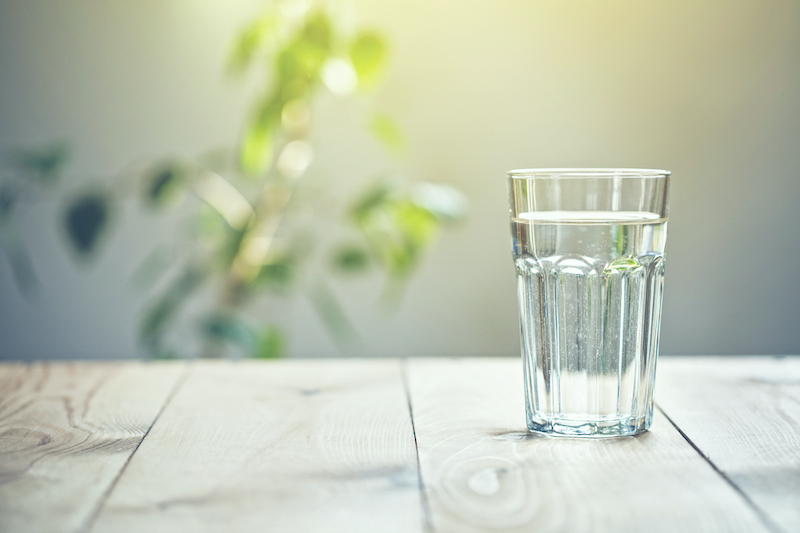Do you prefer drinking water with a high alkaline content? Whether it’s for the potential health benefits of doing so or just the reassurance that you’re drinking water that’s as clean and as pure as possible, many people won’t drink any water unless they’re certain it’s high in alkalinity. While a Berkey water filter can’t add more alkalinity to your drinking water, it can help purify your water so that you can ensure you’re adding more alkaline to water that’s already as clean as possible.
In this post, we’ll get into the importance of high alkalinity in drinking water and how to go about adding more alkalinity to your drinking water. Here’s what you need to know:
The Importance of Alkalinity in Water
High alkalinity in water helps ensure that the water is cleaner and has a greater ability to neutralize the likes of acids and other potentially dangerous contaminants. And while a high alkaline content tends to be important in water treatment plants, many also want that alkalinity to transfer to the water that they consume for the same reasons. The bottom line is that high alkalinity translates to a cleaner overall drink.
So how much alkalinity should there be in the water you’re consuming? Most experts agree it should measure anywhere from 20 to 200 mg/liter. Too low alkalinity in water and it could mean high levels of chloride, nitrate or sulfate. That said, it pays to have a high alkaline content – and a Berkey filter can help with this. We’ll get into how in the next section.
Using a Berkey Water Filter to Increase Alkalinity: A How-to Guide
So how do you use a Berkey filter to increase the alkalinity in your drinking water? Here’s a how-to guide on how to do it:
1. Purify it
A Berkey water filter isn’t going to add alkalinity to your drinking water, but it can remove any contaminants from it. And before you take the steps to add alkalinity, you should also make sure that your water is as pure as possible. A Berkey filter is well equipped to remove viruses, bacteria, pesticides and other chemicals, silt and sediment, and more.
2. Check its pH
After you purify your drinking water with a Berkey filter, next you want to check the pH to see if it needs more alkalinity. You can find pH strips pretty much anywhere. Generally, water has a neutral pH of 7 – and anything greater than that is considered “alkaline.”
3. Add alkalinity
If you want to add more alkalinity to take advantage of the potential health benefits or just to ensure that your water is extra pure, then there are several items you can purchase from any store that will help you get the job done. The likes of baking soda or alkaline drops can help increase the alkaline content. When it comes to baking soda, all you typically need is to add as little as a half teaspoon to a glass of water. Alkaline drops are the other option.


